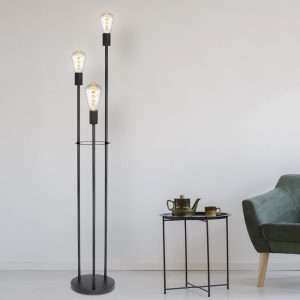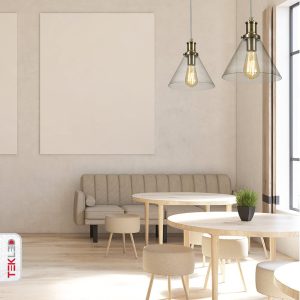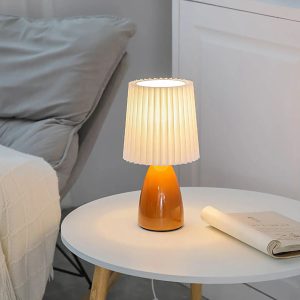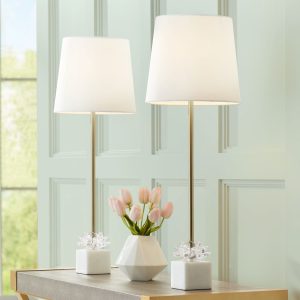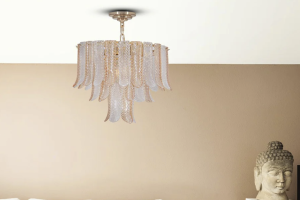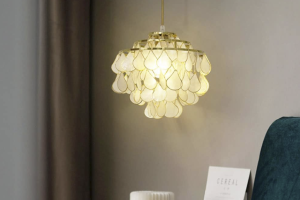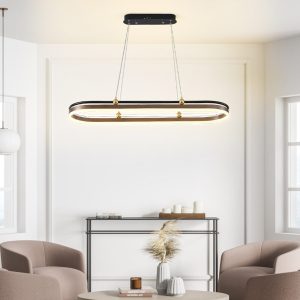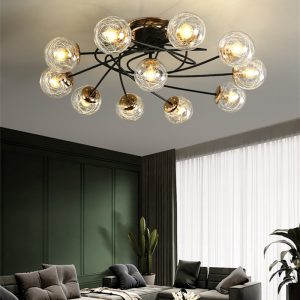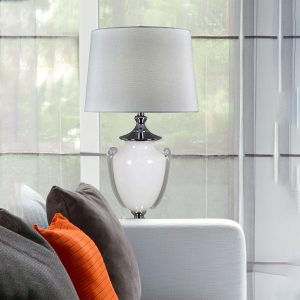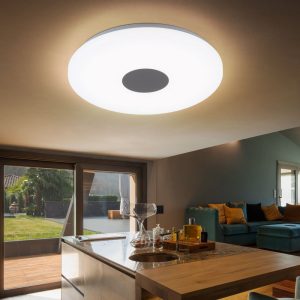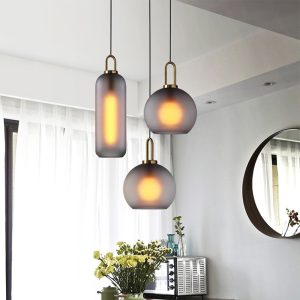Introduction
The ubiquitous plastic lampshade has become a staple in modern homes and offices. However, its growing popularity has sparked concerns about its impact on the environment. This article delves into the environmental problems posed by plastic lampshades, and highlights the urgent need for sustainable alternatives.
The Problems with Plastic Lampshades
Plastic lampshades, which are typically made from polycarbonate or polypropylene, have several environmental drawbacks. First, they are not biodegradable, which means that they do not decompose easily and can remain in the environment for hundreds of years. Second, they often contain toxic chemicals such as bisphenol A (BPA) and phthalates, which can leach into the air and water and harm human health and wildlife. Third, the production of plastic lampshades contributes to the depletion of fossil fuels and the emission of greenhouse gases, exacerbating climate change.
The Need for Sustainable Alternatives
To address the environmental problems posed by plastic lampshades, manufacturers and consumers alike must embrace sustainable alternatives. One such alternative is bamboo lampshades, which are made from the fast-growing and renewable bamboo plant. Bamboo lampshades are biodegradable, non-toxic, and carbon-neutral, making them a more sustainable choice than plastic. Another option is glass lampshades, which are durable, recyclable and do not contain toxic chemicals. Moreover, glass can be melted down and used again, reducing waste.
The Role of Consumers in Promoting Sustainability
Consumers have a pivotal role to play in promoting sustainability by choosing eco-friendly products and demanding that manufacturers adopt sustainable practices. To this end, consumers can opt for sustainable lampshade alternatives, such as bamboo or glass, and avoid plastic lampshades whenever possible. Additionally, consumers can support manufacturers who prioritize sustainability by researching their products and opting for those made from sustainable materials.
The Role of Manufacturers in Promoting Sustainability
Manufacturers also have a crucial role in promoting sustainability by adopting eco-friendly practices and using sustainable materials. Manufacturers can switch from plastic to sustainable materials, such as bamboo or glass, and invest in sustainable production methods, such as recycling or using renewable energy sources. By doing so, manufacturers can reduce their environmental footprint and appeal to the increasing number of consumers who prioritize sustainability.
Conclusion
The environmental dilemma posed by plastic lampshades is a pressing issue that requires urgent attention from both manufacturers and consumers. The adoption of sustainable alternatives, such as bamboo or glass, can mitigate the negative impact of plastic lampshades on the environment and promote a more sustainable future. By working together to prioritize sustainability, we can ensure a healthier planet for generations to come.

